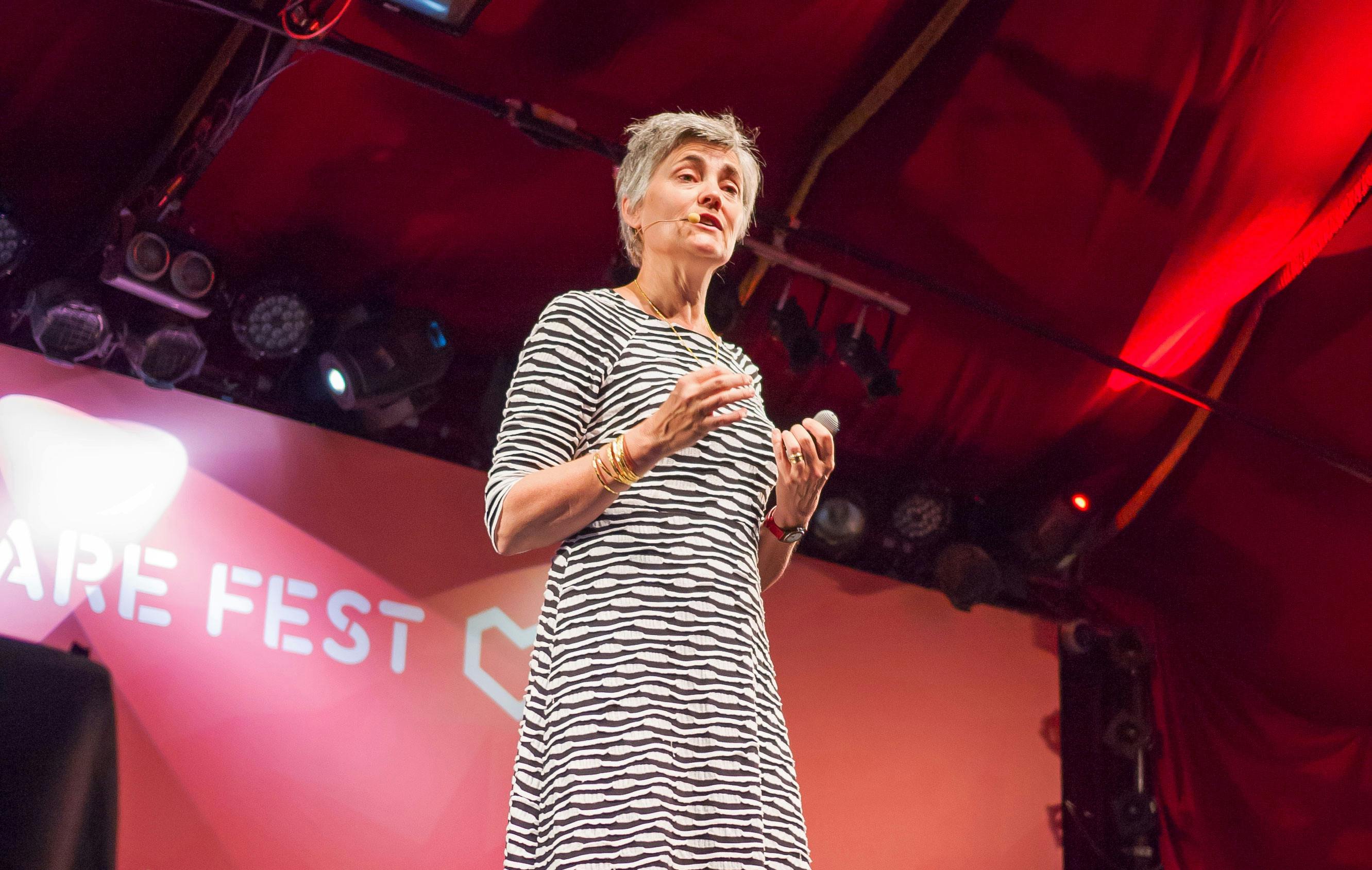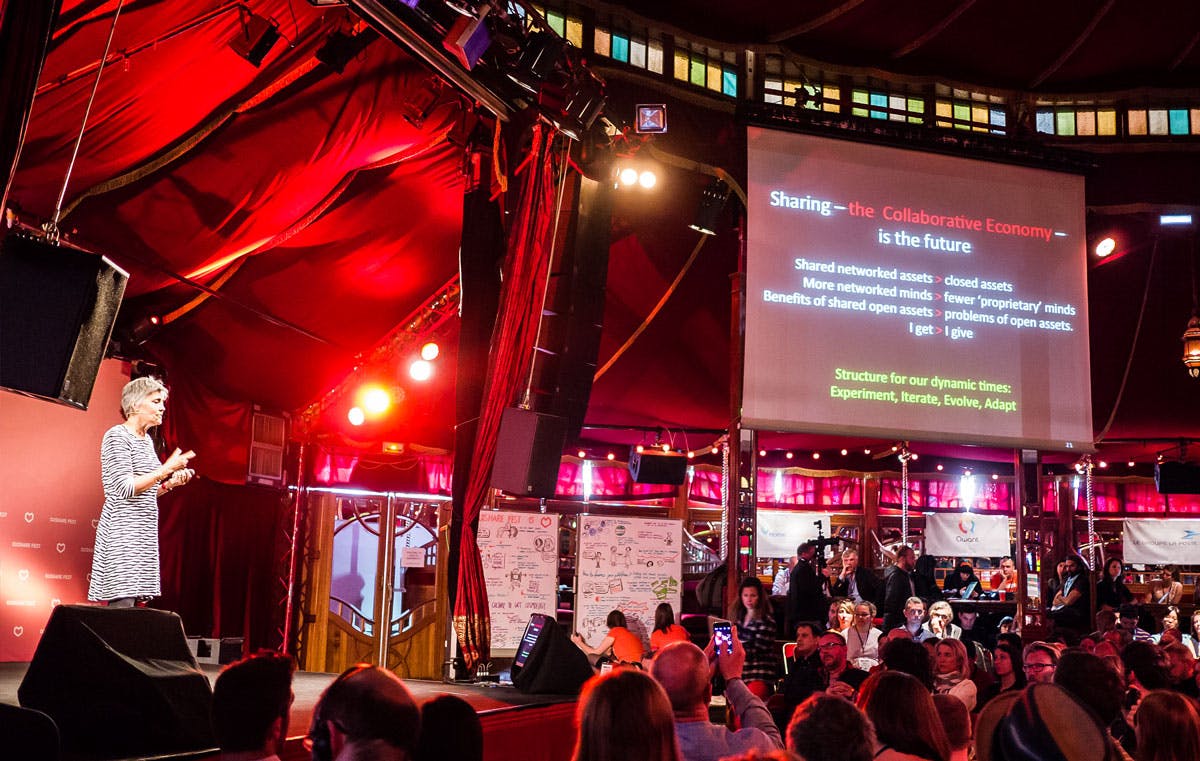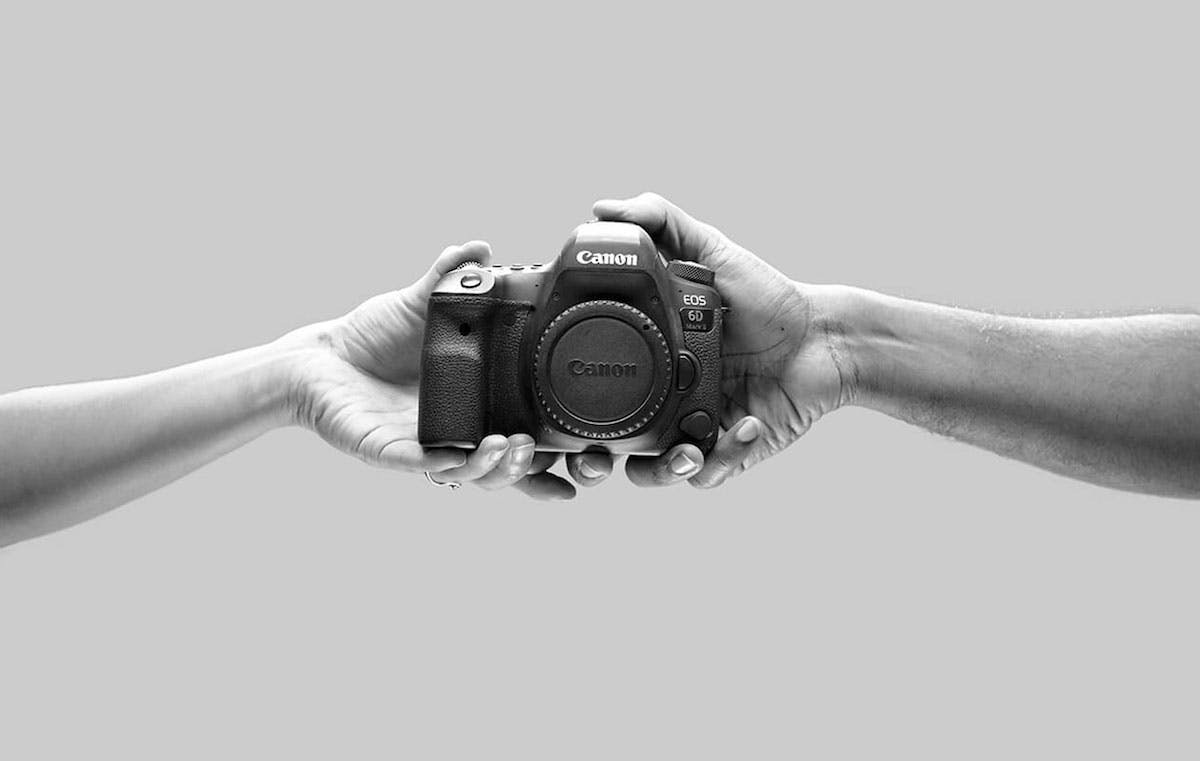How to find the next big marketplace idea
From the stage at Cabaret Sauvage in Paris, Robin is telling the vivid story about how she likes to stay at friends’ houses when she travels.
Published on
Last updated on

Inspiration and insights from global marketplace experts and thought leaders. An interview with Zipcar founder Robin Chase.
Robin Chase is the founder of Zipcar and the peer-to-peer car-sharing marketplace BuzzCar, and the author of Peers Inc. We interviewed her at OuiShare Fest 2015.
Robin Chase believes the key to successful marketplaces lies in narrowing the scope and broadening the circle of friends.
– My favorite example of sharing is bed-sharing, says Robin.
From the stage at Cabaret Sauvage in Paris, Robin is telling the vivid story about how she likes to stay at friends’ houses when she travels.
– It is way more fun. I might be lucky to stay in their spare bedroom that used to be their home office. If I am really lucky, I get a double bed. On the other hand, I might be unlucky and get to stay in the teenager's room. This is really why we have hotels.
Fundamentally, hotels are a form of bed-sharing. Robin did some research into the largest bed-sharing companies in the world and realized that the industry is being dramatically disrupted. While InterContinental Hotels Group, the largest hotel chain in the world, has built 645.000 hotel rooms in 65 years, Airbnb managed to offer the same amount of rooms in its fourth year. Now, carsharing services like Zipcar are trumping the traditional ownership model in the transportation industry. Building new sharing platforms is also becoming easier and easier, thanks to marketplace builders like Sharetribe.
– When we were building Zipcar, we built everything ourselves. It took me four months just to get money online. Today you can create marketplaces and payment systems in hours. There are just so many ready-made building blocks, so you are able to test ideas much faster and more cheaply.
Robin believes success comes from narrowing your field and being successful in that.
– Choose a very specific geography and be loved there, or choose a very specific, narrow type of product or service and be good there. Being successful really relies on network effects, and no one will use your platform if the network of supply and demand is too weak.
– You know what I am going to say: excess capacity. If you think of the words "excess capacity", it is fundamentally about sharing, says Robin.
Leveraging excess capacity proved to be an important factor in Zipcar’s success. Before Zipcar, people could only consume cars in expensive ways. They had to either buy one or rent one in 24-hour bundles. Zipcar made it possible to book cars in the neighbourhood in less than twenty seconds and rent them for as little as 30 minutes.
– We allowed people to rent cars by the hour or day, adapted to their own use. We made it as easy to rent a car as it is to use your own car. It was hard work, the right tools, the right time.
The economics were really working in their favor.
– When we look at what has been most successful in the sharing economy, it is our most expensive assets exhibiting idle capacity. Your housing is your most expensive asset; your car is the second.

Robin believes that we have not made it easy enough to share hard assets.
– When we started Zipcar, people could not believe the cost of renting a car for an hour. They were completely shocked because no one had ever pointed out all the costs of owning a car. Today, we are growing to understand the cost of stuff management and the cost of stuff storage. As we understand and appreciate these costs, they will go on the cost side of the ownership, and people will be willing to share stuff that costs less money.
From Robin’s point of view, it is really about how you can reduce the friction in the transactions.
– Posting an item, sharing it, or finding it—it is not always worth the value you get. If the value is very low, you are not going to spend that effort. There is a lot of stuff that exhibits excess capacity that people wish could be shared but that is not going to be shared.
– It breaks my heart that people place convenience over values, over ethics, over the planet. That is where we need more education. There are good ideas whose time has not come.
According to Robin, there are three ways that sharing platforms can make excess capacity accessible to others. First, platforms can slice it—make something that was only available for one person available to others, the way Zipcar does it with cars. Second, they can open up the platform, enabling co-creation of new value. In that manner, Sharetribe paves the way with its source-available platform for all kinds of marketplaces. Third, by enabling the sharing of assets that were individually too small to bother with, platforms like Sharetribe also make excess capacity accessible through aggregation.
Although the technology is there, Robin believes that you cannot share anything anywhere.
– I think Sharetribe is a platform that is going to make it easier for people to share things. Obviously, it takes more than technology to make a marketplace successful, but it is definitely one piece of the puzzle.
Even though platforms breathe life into excess capacity, a substantial investment of time, skill, and money is needed to make it all work.
– Building a company requires many different skills. If you are an introverted person that does not have a network, you can be good at some other aspects. But you need to find a partner who is good at networking. When I founded Zipcar, I thought I hated selling. But because I loved the product and the company, selling was nothing. It was all because I believed in it, Robin recalls.
In order to build your product, Robin advises aspiring entrepreneurs to involve the members of their community from an early stage.
– One of the most valuable lessons I learned from co-founding Zipcar is listening to your customers and relying on them to help you build the product or service. We worked hard to incorporate our customers and really thought of them as collaborators from the early start. When we launched Zipcar in 2000, we threw a lot of parties and sent out emails that people actually read. We did surveys and asked our members for advice. I made my customers feel and believe that we were listening to them.
At the beginning of any entrepreneurship, you are asking friends to do things for free. According to Robin, it is all about broadening that circle of friends. To scale your business, you need to build something great and make people talk about it.
– Companies grow as fast as they can grow, and they are always wishing they could grow faster. That is the problem every day in every company. If you think about how you consume things, a good part of what you consume is based on friends’ opinions. So doing a good job and making it easy for people to talk about it, or want to talk about it, that is how you market. It is an endless question.
According to Robin, there are three options for financing the establishment of peer-to-peer marketplaces: public financing, private investment financing, and crowdfunding. Every option has different implications for the distribution of power and value between the engaged peers.
– It is the people that finance the platforms that make the rules. That is why all entrepreneurs try to go as far as they can without taking anyone else’s money. That is universally true. Once you start taking someone else’s money, they start telling you how to run your company. In the beginning, you think it is not that much, but then it becomes more money and suddenly it becomes a lot. It feels impossible.
– Crowdfunding works, but I don’t think we are very good at it yet. It is still you finding your community to give you money. Although the crowdsourcing sites are doing the payment mechanisms and gathering the e-mails, the effort and the people who come are still all you and your connections.
Robin believes there is improvement to be done in this field.
– Crowdfunding is still poorly appreciated and a hard road. People need to become more educated consumers and think of every dollar they spend as a vote for the world they want to live in - also when it comes to investments.
You might also like...

Why you should launch your marketplace early
‘Time is money’, and other teachings to inspire you to take the plunge and launch your marketplace as soon as you can.

How I built a bootstrap marketplace
Mike Williams discussed building and scaling Studiotime all without external funding. Before Mike sold the business, Studiotime was the largest online marketplace for booking music studios.

Why Canon Australia ventured into the sharing economy
Kyōyū, Canon's first-ever gear-sharing marketplace, was built on Sharetribe. What benefits does the Fortune 500 company see in the sharing economy?
Start your 14-day free trial
Create a marketplace today!
- Launch quickly, without coding
- Extend infinitely
- Scale to any size
No credit card required
